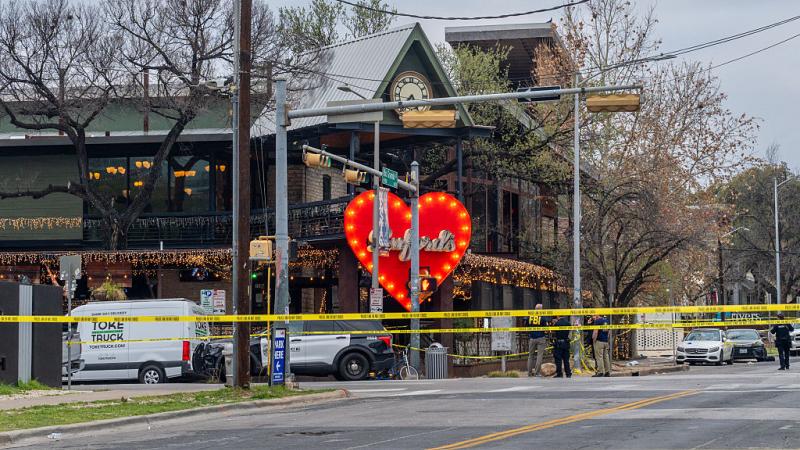Congress has 3 weeks to pass a spending bill to avoid shutdown again when members return Sept. 9
A Continuing Resolution (CR) will be a bit more complicated to pass this time around, given that Republicans are seeking to tie an election-integrity bill called the SAVE Act to the next spending bill.
Congress returns on Monday, Sept. 9 from its August recess and legislators will be up against the clock to pass a spending bill to keep the government fully funded before appropriations run out on Sept. 30.
House GOP leaders vowed to pass separate single-subject appropriations bills as a way to get a grip on spending but the chamber has only passed five bills so far, setting the stage for a temporary Continuing Resolution (CR).
A CR looks like it will be a bit more complicated to pass this time around, given that Republicans are seeking to tie an election-integrity bill called the SAVE Act to the next spending bill.
In July, the GOP-led House passed the SAVE Act but it has not yet been voted on in the Senate.
Democrats oppose the legislation, arguing that non-citizens are not voting in federal elections.
"It is against the law for non-ctiziens to register to vote and vote in federal elections," said Rep. Joe Morelle, D-N.Y.
According to the official text, the SAVE Act "requires individuals to provide documentary proof of U.S. citizenship in order to register to vote in federal elections."
The bill would prohibit "states from accepting and processing an application to register to vote in a federal election unless the applicant presents documentary proof of U.S. citizenship."
Former President Trump, the 2024 GOP presidential nominee, has urged Congress to include the SAVE Act language into the next Continuing Resolution, even if it leads to a government shut down.
"Absolutely and I think you should also charge your elections to paper ballots. I think you should get a lot of things for that," Trump said on Thursday on Monica Crowley's podcast. "Republicans ought to try and get some things for a change, the House and the Senate, they ought to go for getting things. They don't get anything. They extend everything."
Trump said he "would shut the government down in a heartbeat if they don't get it and get it in the bill."
Rep. Andy Biggs, R-Ariz., former chairman of the conservative House Freedom Caucus, said the Democratic-led Senate will take the SAVE Act language out of the spending bill if it passes out of the House.
"I think it would pass if it was standalone, I do, but I think that it gets kind of playing fast and loose instead of doing the single-subject type stuff. I think that might be a bit of a problem," Biggs said on the "Just the News Not Noise" TV program on Friday. "It's going to end up being a CR, Continuing Resolution, a monolithic continuum of the current spending with current policy. And you're going to try to wedge that in there. Yeah, go for it. The Senate will try to take it out."
Rep. Scott Perry, R-Pa., former chairman of the conservative House Freedom Caucus, said that "there's a reasonable chance" the House will pass a CR with the SAVE Act included, which could lead to a government shutdown.
Perry suggested the House pass the SAVE Act in the CR and leave Washington, D.C.
"The real question is, who's going to be blamed for the government shutdown? It's my opinion that the House should pass the CR, the Continued Resolution, much of that I'm averse to continue the spending and so on and so forth. But we probably know that's likely to happen anyhow," he said. "Put the SAVE Act on it as an integral part of it, and send it to the Senate. And then here's the thing: Leave town. You've got to leave town."
Perry continued, saying, "Everybody wants to go back to their district to campaign, right? And tell the Senate, 'this is your option. You either take this or leave it.'"
Rep. Laurel Lee, R-Fla., said Congress should pass the SAVE Act to "ensure that state and local election officials have the tools needed to keep voter rolls clean."
Gov. Glenn Youngkin, R-Va., recently announced that about 6,000 non-citizens were removed from Virginia's voter rolls.
The District of Columbia currently allows non-citizens to register to vote in local elections.
"Our elections are for American citizens only," Lee said. "The #SAVEAct will ensure that state and local election officials have the tools needed to keep voter rolls clean, that Americans have confidence in our election system, and that their votes will not be canceled out by noncitizens."













